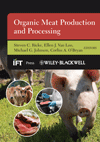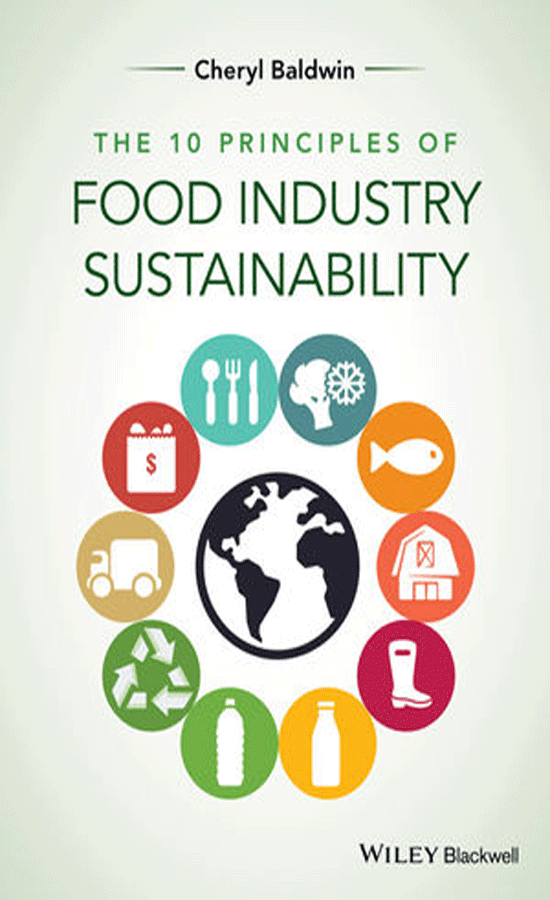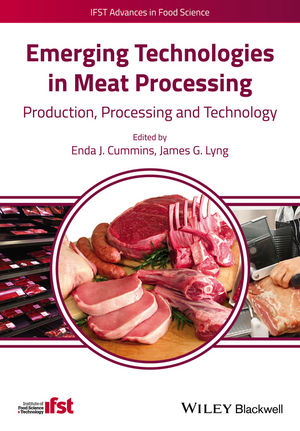Kemin receives sustainability certification for rosemary production

After investing millions of dollars to develop a sustainable, agronomic approach to growing scientifically advanced rosemary, Kemin is pleased to announce that more than 50 percent of its rosemary production is certified as Sustainably Grown following a third-party audit conducted by SCS Global Services (SCS). The remaining fields are scheduled to be audited this year and certified before the 2014 cropping season.
Sustainably Grown is one of the world’s most stringent certification standards, supporting long-term sustainable agricultural production by identifying crops grown in accordance with exceptional environmental and social responsibility as well as quality and safety requirements. This certification signifies that Kemin is able to provide natural rosemary extract-based ingredients to customers who wish to have the highest level of sustainable agricultural practices validated and recognized by consumers.
“Kemin’s certification sets an important precedent for ingredient producers,” said Linda Brown, SCS senior vice president. “It gives manufacturers of food, health and personal care products who are concerned about the long-term sustainability of their ingredients a clear choice. It also opens the door to potential labeling of their customers’ products down the road.”
Kemin uses conventional plant breeding to develop proprietary lines of rosemary that generate raw material for a range of natural rosemary extract-based ingredients for the food, pet food, health and personal care industries. Today, Kemin has over 1,000 acres of conventionally bred, genetically identical rosemary plants in production.
“This certification verifies the investment we have made in developing a sustainable approach to growing our proprietary rosemary plants,” said Dr. John Greaves, Kemin vice president of specialty crops. “Our vertically integrated system produces a consistent and reliable supply of rosemary extract-based ingredients.”
After developing its proprietary rosemary varieties, Kemin research agronomists conduct field testing to determine the best growing practices for yielding a sustainable and cost-effective supply of rosemary. With agronomic best practices in place, Kemin contracts with family farmers in Texas and New Mexico to grow its proprietary rosemary varieties. This partnership not only increases the quality and quantity of crops but improves farming practices, promotes healthy working conditions and builds community relations.
The path Kemin has chosen differs greatly from a popular but less sustainable approach, which is harvesting rosemary from the wild in Mediterranean countries such as Spain or Morocco. This dramatically alters the natural ecosystem and produces widely varying quality in the product.
As consumers continue to demand more natural products, Kemin continues to invest in developing more natural, plant-based ingredients. Other specialty crops the company has in production include marigold, spearmint and potato, with new plants under development.
Kemin (www.kemin.com) provides “inspired molecular solutions” specifically developed to provide nutrition and health benefits for humans and animals. Committed to feed and food safety, Kemin maintains top-of-the-line manufacturing facilities where approximately 500 specialty ingredients are made for the global feed and food industries as well as the health, nutrition and beauty markets. A privately held, family-owned and operated company, Kemin has nearly 2,000 employees and operates in 90 countries with manufacturing facilities in Belgium, Brazil, China, India, Italy, Singapore, South Africa and the United States.
Looking for a reprint of this article?
From high-res PDFs to custom plaques, order your copy today!









